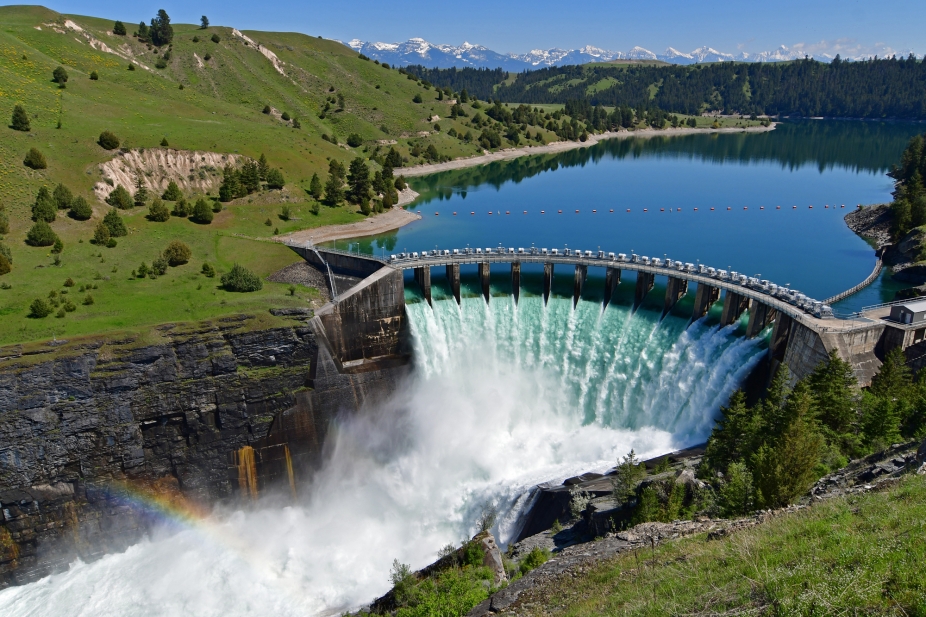Divided waters: Weathering our changing flood and drought extremes

Martina Nolte / Creative Commons
5:30 – 7:00 pm MST
Water is one of our most precious resources with incomparable destructive forces, whether they be droughts or floods. Understanding what water will do in this changing climate allows for protection of human life and property; but how can we know what water will do tomorrow if the data from the past can no longer help us? To better serve current societal needs, there has been an evolution of hydrologic models that allow scientists all over the world to more accurately predict water’s unpredictable behavior.
In this NSF NCAR Explorer Series Lecture, NSF NCAR Scientist David Yates will describe how advancing hydrological models can help us quench the thirst for knowledge on water’s behavior.
David Yates
David Yates is a Scientist in the Research Applications Laboratory at NSF NCAR, in Boulder, Colorado. His research has focused both on local scale hydrologic problems (flash floods, land use-land cover, climate change), as well as climate change impacts and adaptation on water and agricultural systems. Dr. Yates has been a part of a development team that has focused on applying Water Evaluation and Planning models to help local, state and federal water agencies deal with water planning issues at a range of scales, including seasonal forecasting and long range climate change impacts and adaptation strategies. His collaborations include the development of an educational primer for use by the drinking water utility industry that outlines the current state of scientific knowledge regarding the potential impacts of global climate change on water utilities, including impacts on water supply, demand and relevant water quality characteristics. He also launched a related study that focused on robust adaptation strategies, with several utilities, including the Inland Empire, El Dorado Irrigation District, Portland Water, Colorado Springs Utilities, Massachusetts Water Resource Authority, Durham Water, and Palm Beach County Water. David Yates received his PhD in Civil and Environmental Engineering from the University of Colorado, Boulder in 1996.